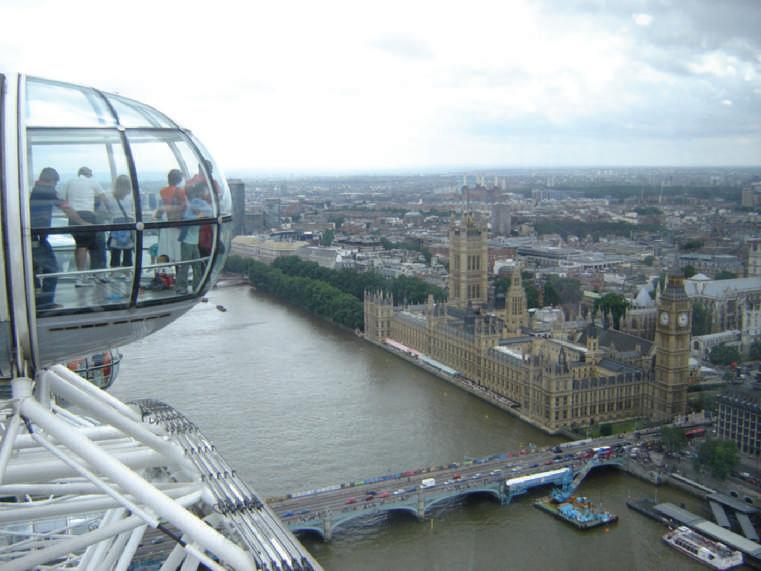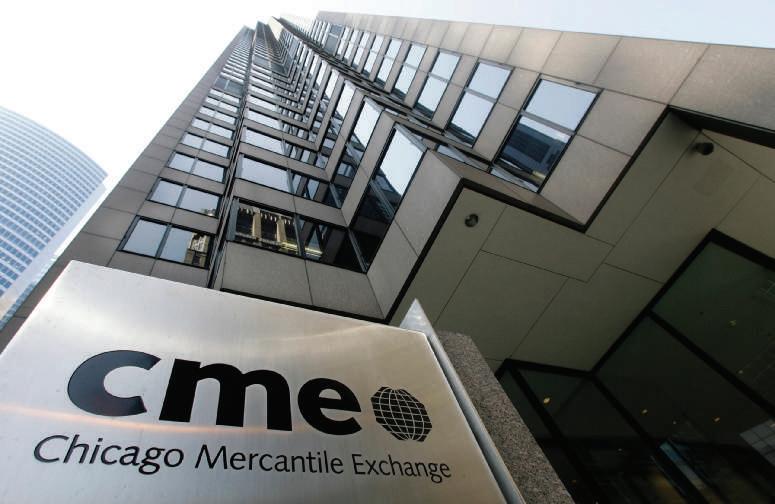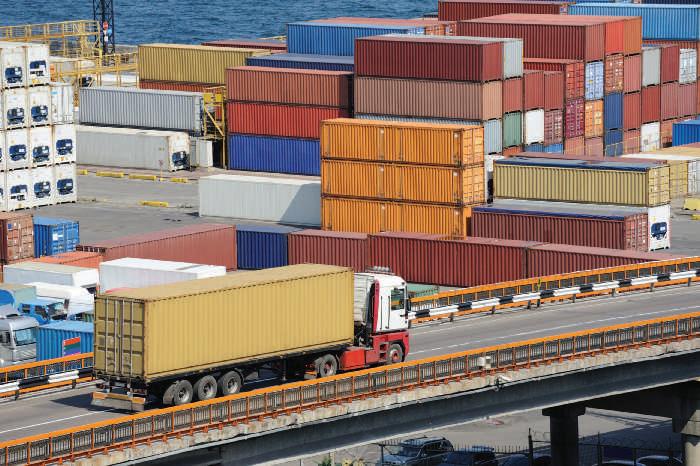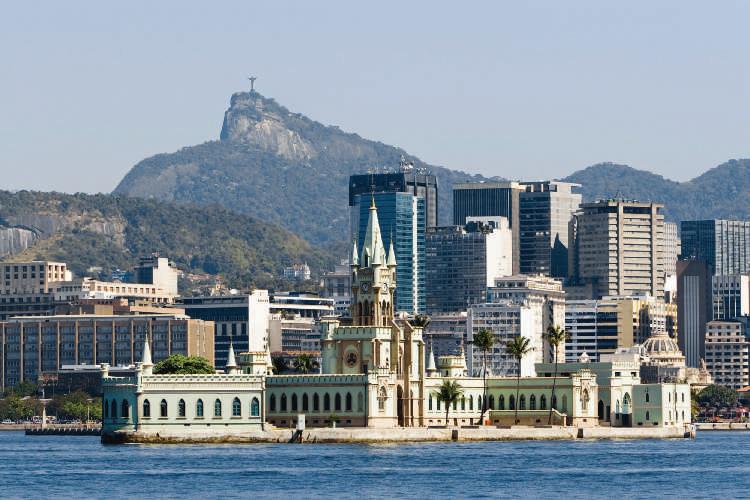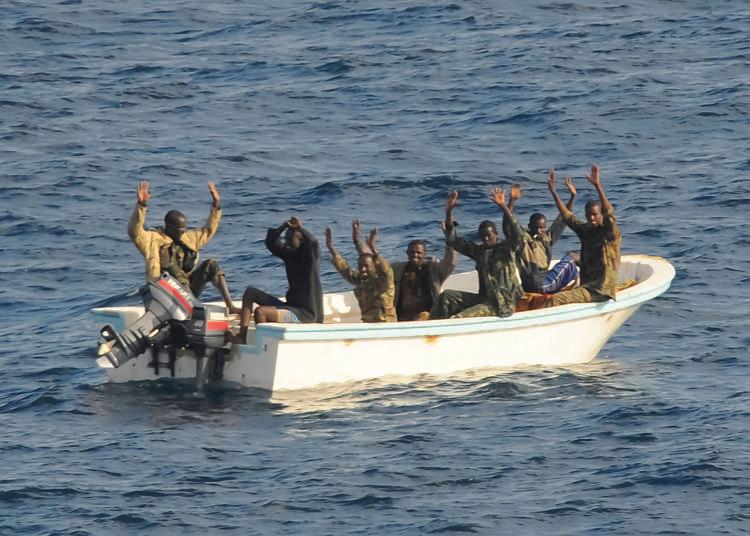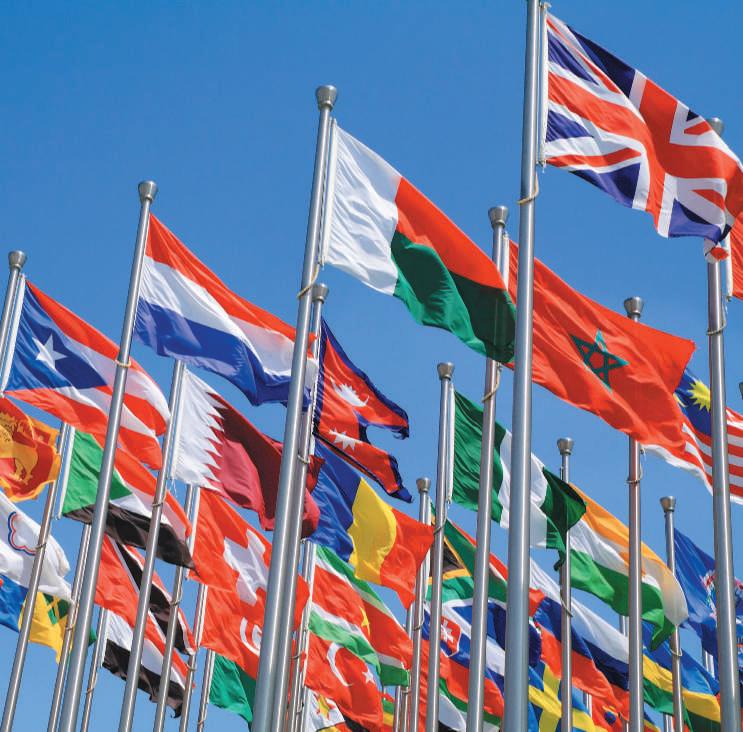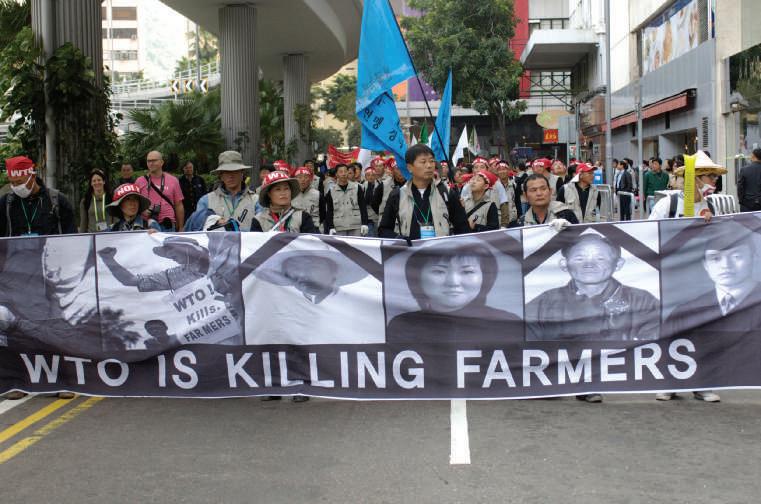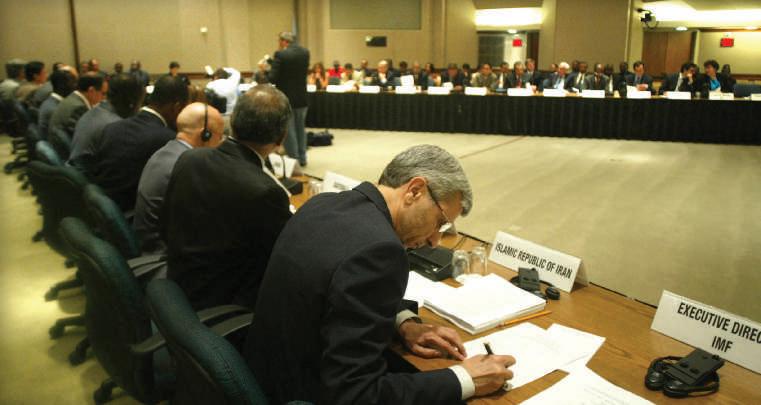162
C h ap t e r 6 T h e L e g al a n d P ol i t i cal E n v i r o n m e n t o f Glo b al B u s i n e s s
6-5c Copyrights The final major category of intellectual property protection is copyright. A copyright is the exclusive legal right of authors, playwrights, publishers, artists, composers, performers, photographers, and other creators to publish and disseminate their work as they see fit. This textbook and other textbooks you’re using in your college classes are copyrighted, and these copyrights generally prevent people making copies of material from these books without the consent of the authors. Copyright law in the United States generally gives the originator of a creative work the exclusive right to sell, exhibit, and publish it for her or his lifetime plus 70 years. The duration of copyright in many, if not most, other developed countries is similar. One hundred and sixty-two of the 190 countries throughout the world have signed a document called the Berne Convention that provides for international copyright protections. It is fair to say, however, that despite the Berne Convention, copyright infringement is a major problem in the world today. The problem is particularly extreme with respect to computer software technology. Indeed, in a number of countries today, the majority of software installed on computers was “pirated” or illegally acquired.
R e a l i t y C h e c k LO-5 Next time you go to the supermarket, look for some famous trademarked brands (think, “Green Giant”). Consider the confidence consumers have in various brands, and how this confidence would be affected if intellectual property protections did not exist.
Summary
copyright
the exclusive legal right of authors, playwrights, publishers, artists, and composers have to publish and disseminate their work as they see fit
The legal and political environments global businesses face play a major role in how they conduct business. On the political spectrum, countries with democratic systems of government pose different challenges and offer different advantages than do countries with totalitarian or semi-totalitarian systems. Different economic ideologies, for example, communism, socialism, and capitalism, also impact how business is conducted in different locales around the world. Moreover, political risks, economic risks, and corruption are important factors to evaluate in conducting business in foreign locations. Some countries (e.g., Myanmar, Somalia, Iraq, and Afghanistan) may literally be dangerous places to conduct business operations, and corporations need to evaluate the relevant risks and rewards before opening plants and other facilities in these locations. The standards for what represents “corruption” also vary widely in different countries. Rules of law, such as the ability to enter into a binding and enforceable contract, also represent a key global business consideration. Legal considerations include whether the country uses civil law or common law. Global businesses need to make sure they are aware of the legal structures in all places they operate, such as the relevant tax and antitrust laws. Finally, in today’s knowledge economy, the role of intellectual property protection is becoming increasingly important, with intellectual property protection infringement and piracy clearly on the rise throughout the world. Thus, global businesses need to be very familiar with patent, trademark, and copyright regulations in the countries where they operate.
Copyright 2017 Cengage Learning. All Rights Reserved. May not be copied, scanned, or duplicated, in whole or in part. Due to electronic rights, some third party content may be suppressed from the eBook and/or eChapter(s). Editorial review has deemed that any suppressed content does not materially affect the overall learning experience. Cengage Learning reserves the right to remove additional content at any time if subsequent rights restrictions require it.


